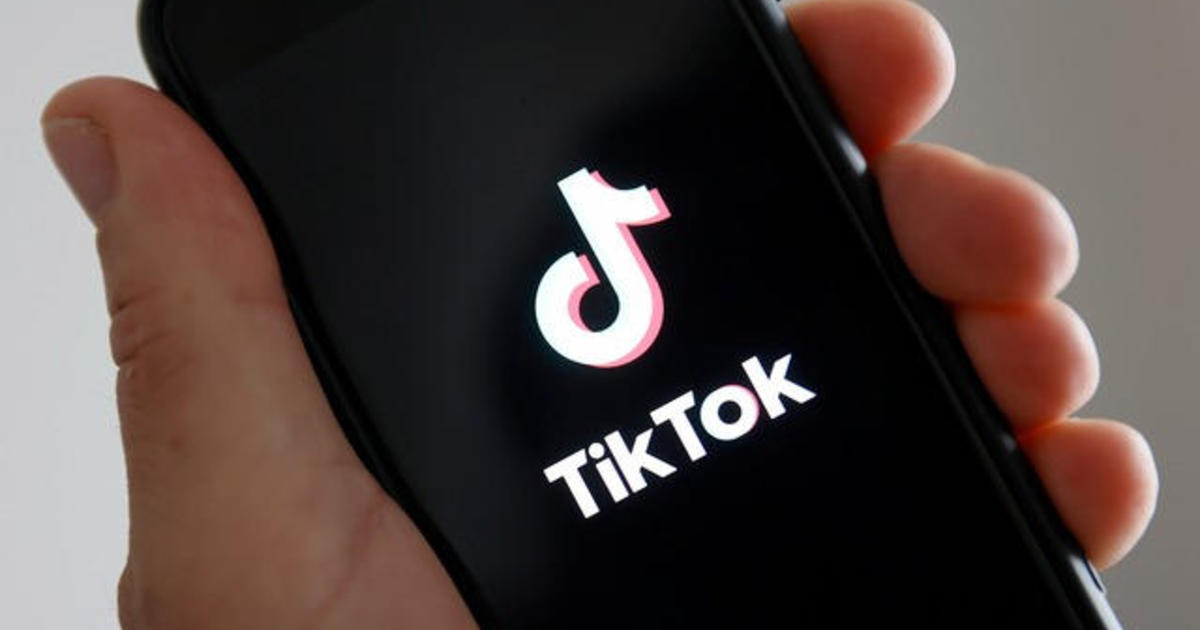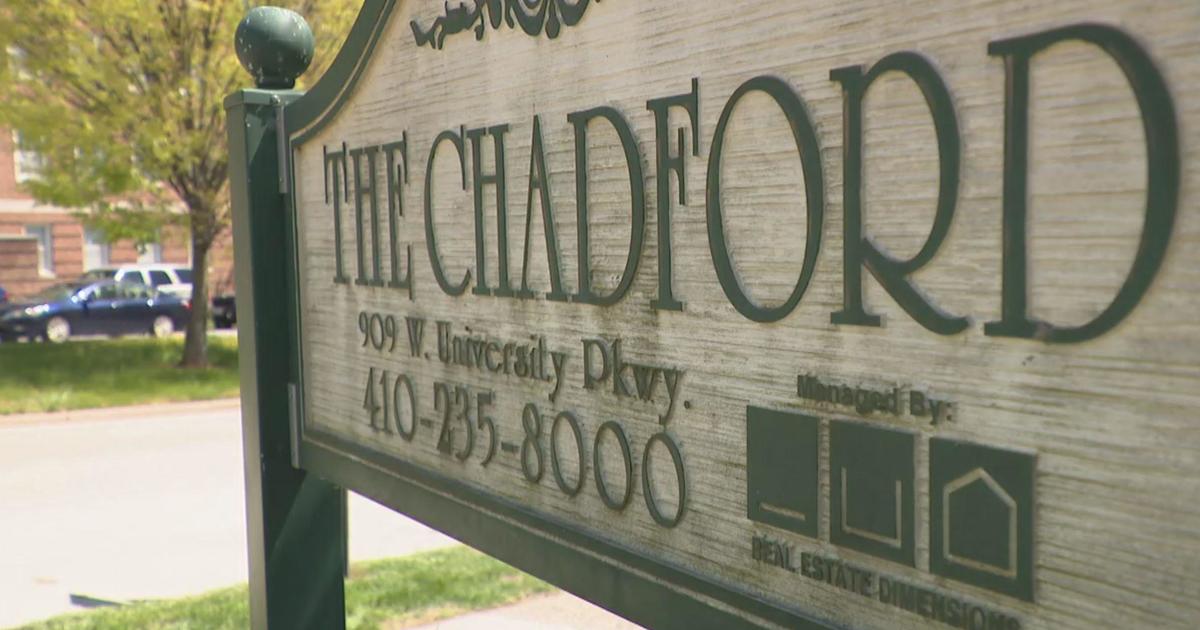Maryland Doctor Tackles COVID-19 Vaccine Myths As First Doses Arrive For Health Care Workers
BALTIMORE (WJZ) -- As the COVID-19 vaccine makes its way out to health care workers across the country, health experts are trying to set the record straight about a number of myths that are circulating.
A number of health care employees were the first Marylanders to get Pfizer's COVID-19 vaccine Monday, but there has been some hesitation from the general public about the vaccine.
A recent Pew Research study found that regardless of whether a person planned to get the vaccine, 62% of respondents would be uncomfortable being among the first people to do so, while 37% said they are comfortable with the vaccine.
Still, a majority of respondents -- 60% -- said they would definitely or probably get a vaccine if one were available to them, up from 51% in September.
Baltimore resident Ian Maxwell is one of the many Americans who are excited by the vaccine's arrival.
"I've been waiting for this day. I'm very happy that it came out," Maxwell said.
Ashley McKinley, who is visiting Baltimore, is less confident.
"They haven't done the same amount of research as they're supposed to with every other vaccine, and they're just kind of shoving it on the market," she said, 'and it's kind of scary."
CORONAVIRUS RESOURCES:
- Coronavirus Resources: How To Get Help In Maryland
- TIMELINE: Coronavirus In Maryland, Tracking The Spread
- Latest coronavirus stories from WJZ
- Latest CDC Guidelines
WJZ checked in with Dr. Karen Kotloff from the University of Maryland School of Medicine to set the record straight on a number of myths and misconceptions.
Myth: The COVID-19 vaccine will inject the virus into peoples' bodies
"The answer to that is no it cannot. It contains no actual virus," Kotloff said. "The Pfizer vaccine and... the one that will be evaluated next week... the Moderna vaccine, just contain a little bit of the code, the genetic code that allows you to make a protein. That is on the surface of the virus."
Myth: Getting vaccinated means people no longer have to wear masks
"What we don't know yet is whether the vaccine prevents you from getting infected," Kotloff said. "We know that it prevents you from getting symptoms, but it's possible that you could still have COVID infection that doesn't give you any symptoms."
The pandemic is not over yet despite the vaccine's rollout, she added.
"We do believe that if we can get immunity, say above 50 to 70% in the population, that it will stop the pandemic, but the virus may still be circulating at low levels," she said.
State officials expect to receive around 300,000 doses of the vaccine by the end of the month. Experts predict members of the general public will be able to start getting the vaccine by as early as spring.
For the latest information on coronavirus go to the Maryland Health Department's website or call 211. You can find all of WJZ's coverage on coronavirus in Maryland here.



